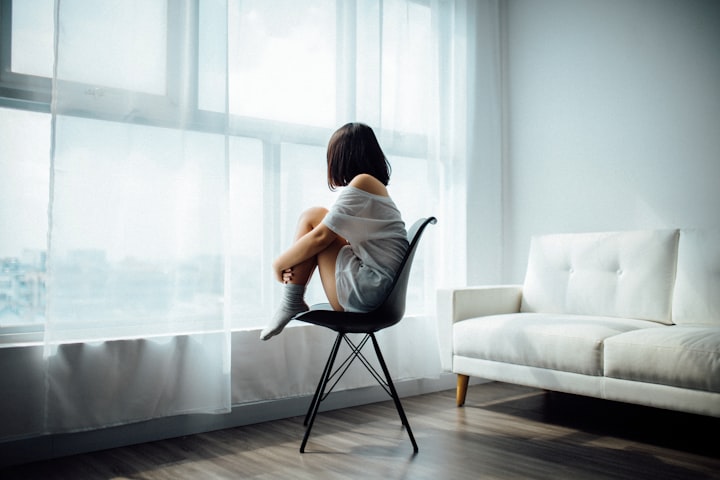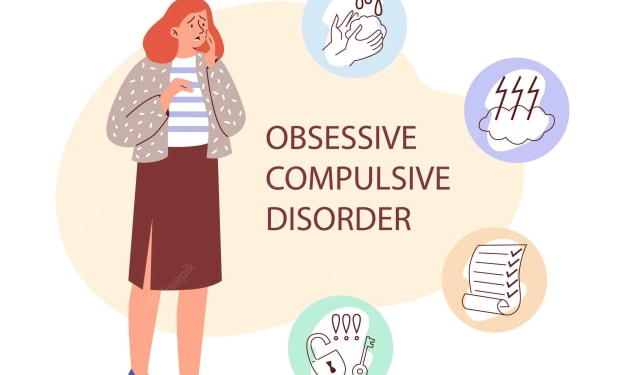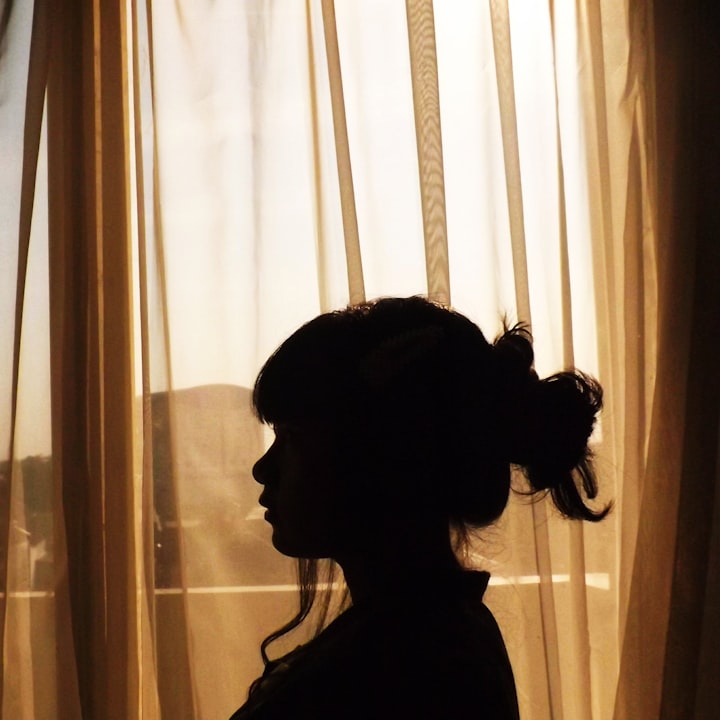Seasonal Affective Disorder: Coping with Winter Blues
Seasonal Affective Disorder: Coping with Winter Blues

Seasonal Affective Disorder (SAD), also known as winter blues, is a type of depression that occurs in a seasonal pattern, typically during the winter months. It is believed to be triggered by reduced exposure to sunlight, which can affect the body's internal clock and neurotransmitter levels. Coping with winter blues and managing SAD involves various strategies. If you are in Delhi and seeking professional help, it is advisable to consult a psychiatrist in delhi. Here are some coping techniques for SAD:
Light therapy: Light therapy involves sitting near a special light box that emits bright light. The light mimics natural sunlight and can help improve mood and relieve SAD symptoms. It is usually recommended to use a light box for about 30 minutes to 2 hours each day, preferably in the morning.
Get outside: Despite the cold weather, try to spend time outdoors during the daytime. Exposing yourself to natural light, even on cloudy days, can be beneficial. Take a walk, go for a jog, or engage in other outdoor activities to increase your exposure to daylight.
Stay active: Regular physical exercise has been shown to alleviate symptoms of depression. Engage in activities you enjoy, such as dancing, swimming, or yoga. Exercise releases endorphins, which are natural mood boosters.
Maintain a healthy lifestyle: Pay attention to your overall well-being. Eat a balanced diet rich in fruits, vegetables, whole grains, and lean proteins. Avoid excessive consumption of sugary and processed foods, as they can negatively impact your mood. Stay hydrated and limit alcohol and caffeine intake, as they can disrupt sleep patterns.
Socialize and seek support: Connect with friends, family, or support groups. Surrounding yourself with positive and supportive individuals can help combat feelings of isolation and lift your spirits. Plan social activities or engage in hobbies that bring you joy.
Practice stress management techniques: Manage stress through relaxation techniques like deep breathing exercises, meditation, or mindfulness. Engage in activities that help you relax and reduce stress, such as reading, listening to music, or taking warm baths.
Maintain a regular sleep schedule: Establishing a consistent sleep routine can help regulate your body's internal clock and improve your overall mood. Aim for 7-8 hours of quality sleep each night and try to wake up and go to bed at the same time every day.
Create a cozy environment: Make your living space warm, inviting, and well-lit. Use soft lighting, warm colors, and comfortable furnishings to create a cozy atmosphere that can uplift your mood during the darker winter months.
Seek sunlight indoors: Open curtains and blinds during the day to let in as much natural light as possible. Sit near windows while working or studying to increase your exposure to daylight. You can also consider using light-filtering or full-spectrum light bulbs to mimic natural sunlight indoors.
Supplement with vitamin D: Reduced sunlight exposure can lead to vitamin D deficiency, which may worsen SAD symptoms. Consult your healthcare provider about taking vitamin D supplements to ensure you maintain adequate levels.
Practice self-care: Engage in activities that promote self-care and relaxation. This may include reading, taking warm baths, practicing mindfulness or meditation, journaling, or engaging in hobbies you enjoy. Prioritizing self-care can help reduce stress and improve your overall well-being.
Consider professional help: If your symptoms persist or worsen, consider seeking help from a psychiatrist in Delhi. A psychiatrist can provide a proper diagnosis and recommend appropriate treatment options, including therapy or medication if necessary.
To find a psychiatrist in Delhi, you can search online directories, consult your primary care physician for referrals, or reach out to mental health organizations or hospitals that offer psychiatric services.
Remember, these coping strategies may vary in effectiveness for each individual. It's important to consult with a mental health professional to receive personalized advice and treatment for Seasonal Affective Disorder or any mental health condition.





Comments
There are no comments for this story
Be the first to respond and start the conversation.